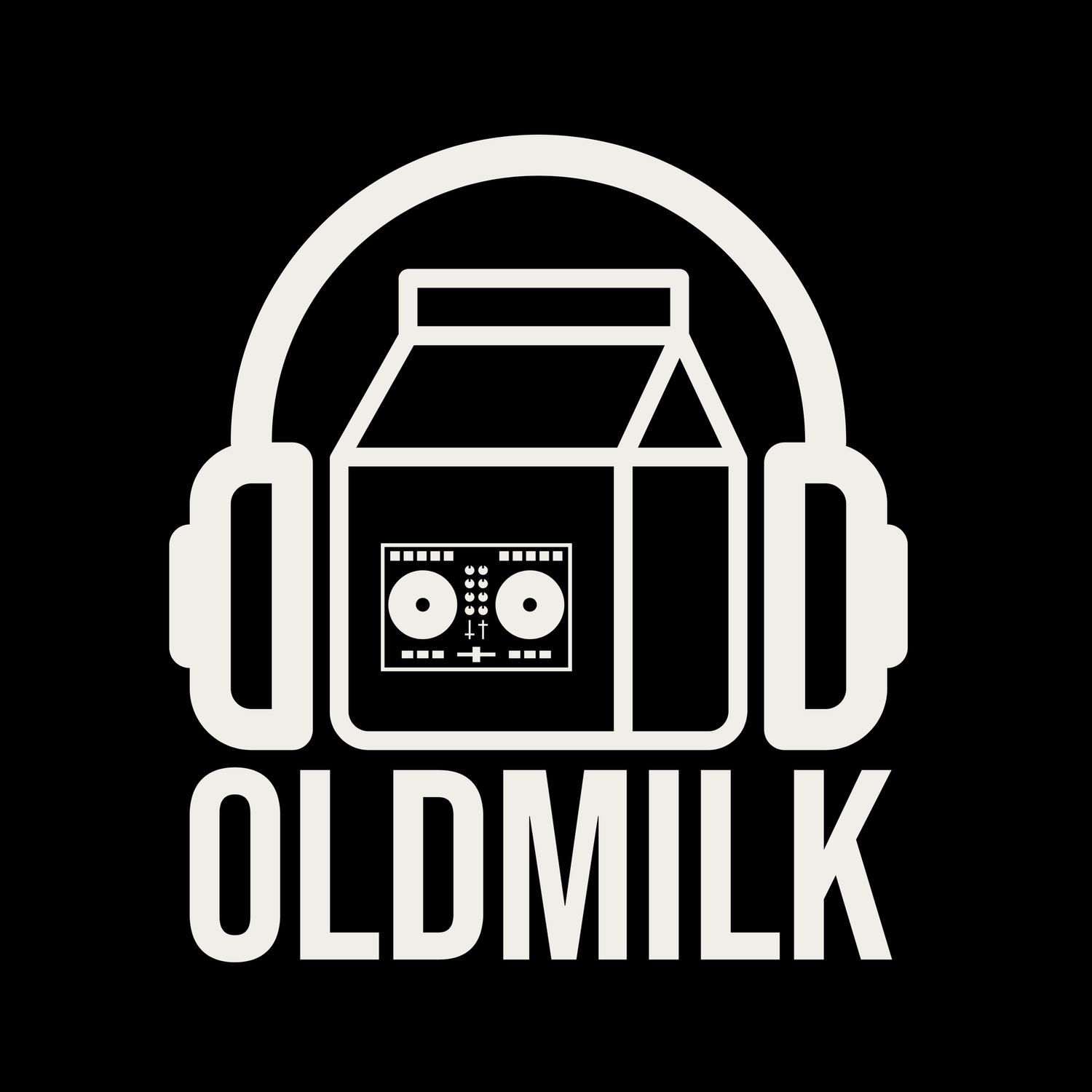Hip-Hop’s Growth Isn’t Limited to Just Music
Hip-Hop always has been and always will be bigger than just music. Hip-Hop is a culture, a community, an understanding and so much more. But even though the people in Hip-Hop know this, it has taken the world a lot of time to understand just how high the ceiling is for the Hip-Hop community. The last two decades have seen Hip-Hop superstars like Jay-Z, Dr. Dre, and Kanye West blossom into billionaires, bringing the same savvy they did to the rap game, into retail. Big corporations like Adidas and Apple (eventually) understood all the possibilities that could come from using these artist’s power as popular recording artists and faces of Hip-Hop. The artists of the Hip-Hop community have always been more than just agents of advertising, like all artists they’re conduits for energy to the mind, body, and soul, individuals who dedicate their lives to creativity and invention.
This next decade will prove that Hip-Hop’s strides in TV, film, apparel, and more are just as important and impactful on the future of Hip-Hop culture. The growth of the community isn’t limited to the musical aspect. These new creative strides are crucial to the continued growth within the community.
While many, including myself, have focused on Hip-Hop becoming the most consumed music genre in America, the Hip-Hop community has enjoyed growth in other areas as well. In the 2000s Hip-Hop artists first started becoming connected with big companies to be the faces of brands trying to appeal to the black community. It started out with rappers being in simple commercials like Wu-Tang Clan with St. Ides malt liquor and LL Cool J for GAP.
While these endorsement level partnerships still exist, the role of the artist has evolved from just the face of a product to a collaborator in the project. Think J. Cole’s partnership with Puma or Travis Scott’s major partnership with McDonald's, two situations where corporate companies work as partners with the artists to make content fans and consumers will love. Adidas is well known for this and has a long history of working with big names in the Hip-Hop community stemming back to the ’80s with RUN DMC and continuing now with the likes of Beyonce and Pharell. These increased roles have given Hip-Hop artists the platform to do a lot more with their ideas, as well as the infrastructure to sell to a wider audience.
Hip-Hop has also begun to enjoy an increased relationship in TV & Film. 50 Cent was an outlier when he starred in the film that accompanied his debut album with the same “Get Rich or Die Tryin.” However, this has paid off for 50 as the entertainment industry has become quite familiar with 50, who has etched out quite a legacy producing the hit Starz series “Power” as well as making it to primetime TV with his show “For Life” which airs on ABC. But 50 isn’t the only one. Childish Gambino aka Donald Glover has enjoyed a fruitful career, writing, acting, producing or all three on shows and films like, “Community”, “30 Rock”, “Atlanta” and Guava Island. Glover has also brought his star power to the current Spider-Man franchise and starred as Lando Calrissian in the Star Wars spinoff movie “Solo.”
More Hip-Hop artists are seeing the TV & Film world as a place for investment, even if they aren’t involved creatively. Meek Mill released a film with HBO in 2020 called “Charm City Kings” and Drake was an executive producer on the smash-hit series “Euphoria” which starred Zendaya who won an Emmy for her role as Rue. Kid Cudi who has had an inconsistent acting career over the last decade has been rumored to begin heavily investing time into multiple TV & Film projects. Starring in the HBO Max series “We Are Who We Are” in 2020, and releasing a trailer to an animated series directed by Takashi Murakami rumored to be based off the Cleveland artist’s collab album with Kanye West “Kids See Ghosts.”
Even retired/older rapper’s careers are finding new life starting podcasts, leveraging their experience and history in the music business. Rappers like Joe Budden, Lupe Fiasco, TI, and Lil Wayne have found success during the massive podcast rush, using their clout to carry the content. Apple has given artists like Nicki Minaj, Mike D, Snoop Dogg, and more the platform to produce radio shows for Apple Music. Hip-Hop artists have never had a platform as mainstream and important as it is right now. The 21st century has seen artists finally get the opportunity to build a platform that they can use how they see fit. Artists’ freedom and capability to produce content and engage fans has expanded wider and will continue to develop as more artists begin to have control and power over what they do, what they make, who they are, and how it's all presented.
While the genre has been stifled decade after decade, whether it be not getting acknowledgment at the Grammy awards or exposure at the Super Bowl, Hip-Hop has begun to truly understand that Hip-Hop shouldn’t have to jump through hoops to produce good content or sell quality products. The addition of social media has given artists more unique canvases to execute their art through challenges and live streams. Whether it be Travis Scott’s virtual performance on Fortnite, or Drake dropping in on gaming pro Ninja on his twitch stream, artists and fans have never been so close and interconnected, and Hip-Hop is at the forefront of this new level of engagement. Artists are doing Instagram live streams, appearances on apps like Reddit and Clubhouse, using all that they have at their disposal to make content for fans, another testament to Hip-Hop’s dedication to creativity and invention for the community.




